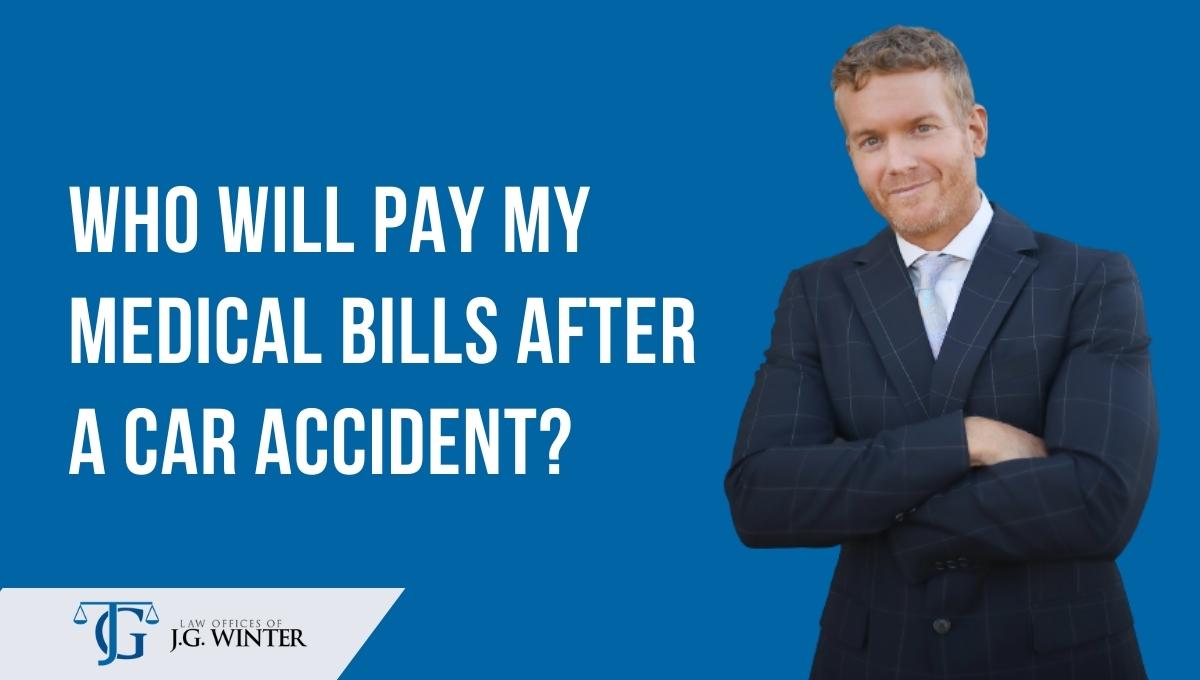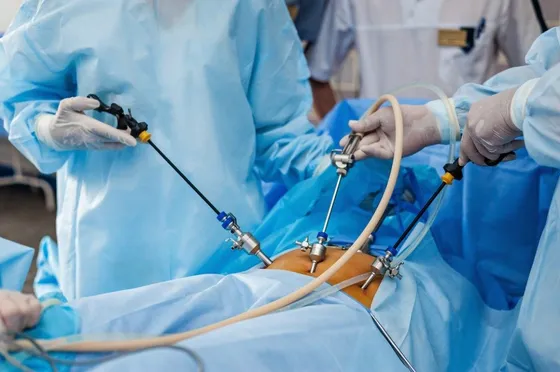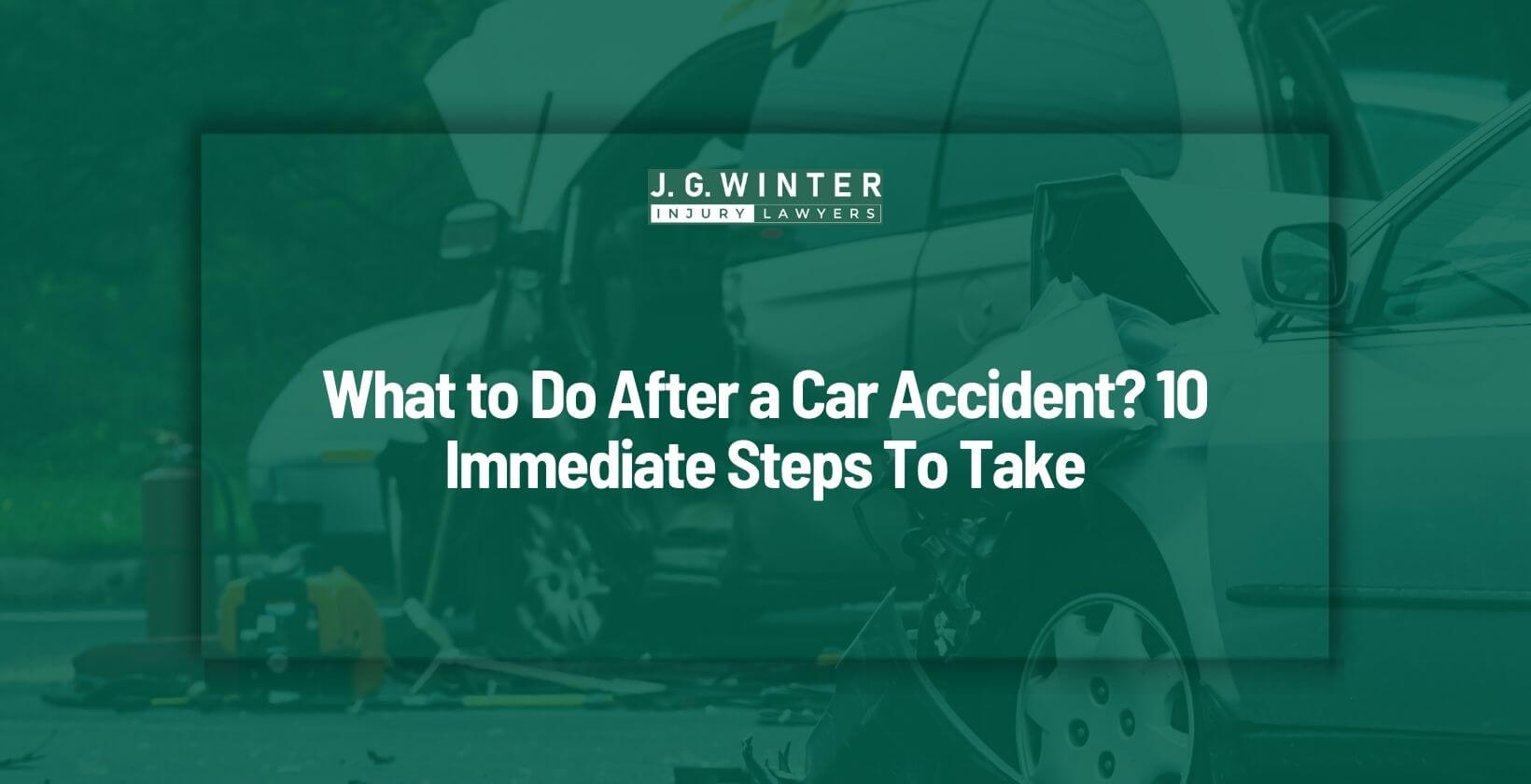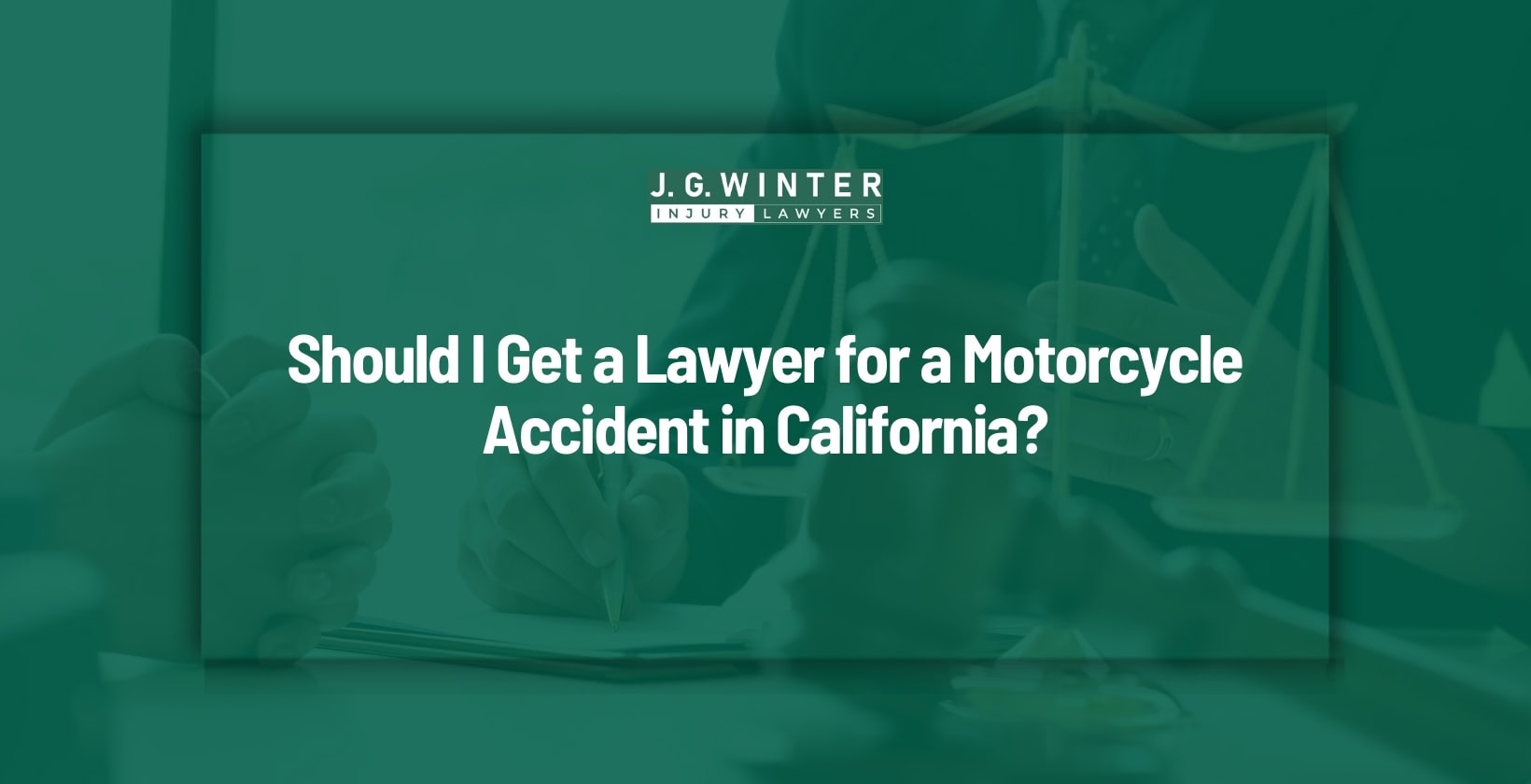38,000 people are killed due to car accidents each year in the US as per Centres for Disease Control and Prevention (CDC). These injuries can be external or internal. The most common car accident injuries include TBI(Traumatic Brain Injuries), burns, fractures and broken bones, knee injuries, foot and ankle injuries, and many more.
Damages caused due to accidents can be fatal, serious, or slight. The extent of the injury determines the severity of the accident. Initially, you pay the medical bills during a car accident. Later, you will be compensated depending upon the circumstances of the accident.
In the event of an accident, initially, you will bear the primary responsibility for covering all financial expenses. In most cases, the at-fault driver’s insurance company must provide compensation for the incurred costs.
The compensation process involves a comprehensive evaluation of the accident and damages, ultimately leading to the settlement of medical bills.
Determining Liability and Insurance
After a car accident, the insurance company will investigate to determine who is at fault. They will go through the police reports and other evidence, such as photos and CCTV footage, and question eyewitnesses. They may also inquire of both you and the other driver, seeking answers to comprehend the sequence of events.
After determining the party at fault for the accident or in cases where both parties share responsibility, they proceed to allocate the degree of fault for each of you involved. Depending on your share of responsibility and the laws in your state, you will receive compensation.
In most states, the at-fault driver’s car insurance reimburses the other drivers for any injuries or property damage they sustained up to the policy’s limits.
At-fault party
The at-fault party refers to the individual considered primarily responsible or liable for causing an accident. It is crucial to determine fault for insurance claims and legal proceedings following a car accident. It typically dictates which party’s insurance company will be responsible for covering the damages and medical expenses.
- Insured driver- If an accident occurs involving an insured driver, the insurance of the insured driver will take care of all the costs.
- Uninsured driver- If you are involved in a car accident
with a driver who has no car insurance, then you have to turn to your own insurance company to cover your losses.
- Negligence- The way state laws define negligence plays a crucial role in determining fault and the payout process in accidents. When both drivers share some responsibility, insurers usually evaluate each driver’s level of blame to determine liability. Negligence is categorized into three categories. Those are:
- Pure Contributory Negligence- If your state laws follow pure contributory negligence laws, the compensation cannot be filed even if you have 1% of the fault.
- Pure Comparative Negligence- If your state laws follow pure comparative negligence laws, the compensation is compensated based on the percentage of fault in the accident. If you have a 20% fault in an accident, you need to compensate for 20% of the expenses caused by the accident of the other driver.
- Modified Comparative Negligence- If your state laws follow modified comparative negligence, you won’t have the right to proceed with the compensation if you have more than 50% of the fault in the accident.
What can you do if you cannot pay your outstanding bills while your case is pending?
If you cannot pay your bills while your case is pending, an effective approach is to communicate with your medical providers. This includes hospitals and billing agencies. Establishing a payment plan can help. Explain your intent to delay payments until you receive your settlement, and most providers are generally willing to accommodate this request.
Having a car accident lawyer can prove highly advantageous when financial concerns arise after an accident. They can negotiate with your healthcare providers or find ways to postpone payment until your case is resolved through settlements or legal processes.
Your lawyer can help you deal with insurance companies and the responsible parties. They can also offer guidance in managing relationships with healthcare providers and navigating the difficulty of bill collection procedures.
How can a lawyer help you with medical bills for a car accident injury?
Hiring a lawyer can be invaluable when handling the aftermath of a car accident, especially in addressing rising medical bills. Lawyers can negotiate medical expenses, potentially significantly reducing your financial liability. These reductions depend on factors such as the accident’s circumstances, the services provided, and insurance coverage.
If you’re burdened by medical bills following a car accident caused by another’s negligence, it is necessary to consult with a car accident lawyer. They can help you explore your options for managing medical bills and regaining control of your finances, providing crucial support during this challenging time. If you’re facing similar situations, contact us for a free consultation.
Seeking compensation for medical bills for a car accident?
Negotiating a settlement that appropriately covers all your medical bills can be challenging. When an insurance company acknowledges liability for a car accident, its focus often shifts towards minimizing its payout. To ensure you receive every cent you’re entitled to, seek assistance from an experienced car accident lawyer who can advocate for your comprehensive medical expenses.
Remember to list all your current and future medical costs in your insurance claim when you’re trying to get money for your medical bills after a car crash. It can help you get compensation for your loss and damages incurred in a car accident.
Conclusion
Encountering a car accident leads to substantial losses, particularly the challenging burden of rising medical bills. Insurance must cover all your treatment expenses. Consider seeking legal assistance to navigate the insurance claims process more smoothly and ensure you receive the compensation you deserve. With over 15 years of experience, we’re here to help you with your claim. Contact us for expert guidance in securing your rightful compensation.
Frequently Asked Questions About Paying Medical Bills
What happens to my medical bills if I get into a car accident?
The coverage of your medical bills following a car accident depends on various factors. These factors include your health insurance, auto insurance provisions, at-fault driver’s insurance, or legal actions. All of this is contingent upon the specific circumstances.
What if another driver’s negligence caused the accident?
If the accident is determined to be caused by another driver’s negligence, that driver will be considered responsible. They will also be obligated to provide compensation for the losses incurred by the other driver.
What if the at-fault driver doesn’t have insurance or their policy limits are insufficient to cover my medical bills?
If the driver responsible for the accident doesn’t have insurance or has inadequate coverage, there are several available alternatives. These include uninsured/underinsured motorist coverage, negotiation, and the possibility of pursuing a personal injury lawsuit.
What if I have health insurance, but they refuse to cover my medical bills related to the accident?
If your health insurance refuses to cover medical bills related to the accident, you should consider appealing their decision. You may also want to seek legal advice. Additionally, explore alternative coverage options, such as auto insurance or the at-fault driver’s insurance.



